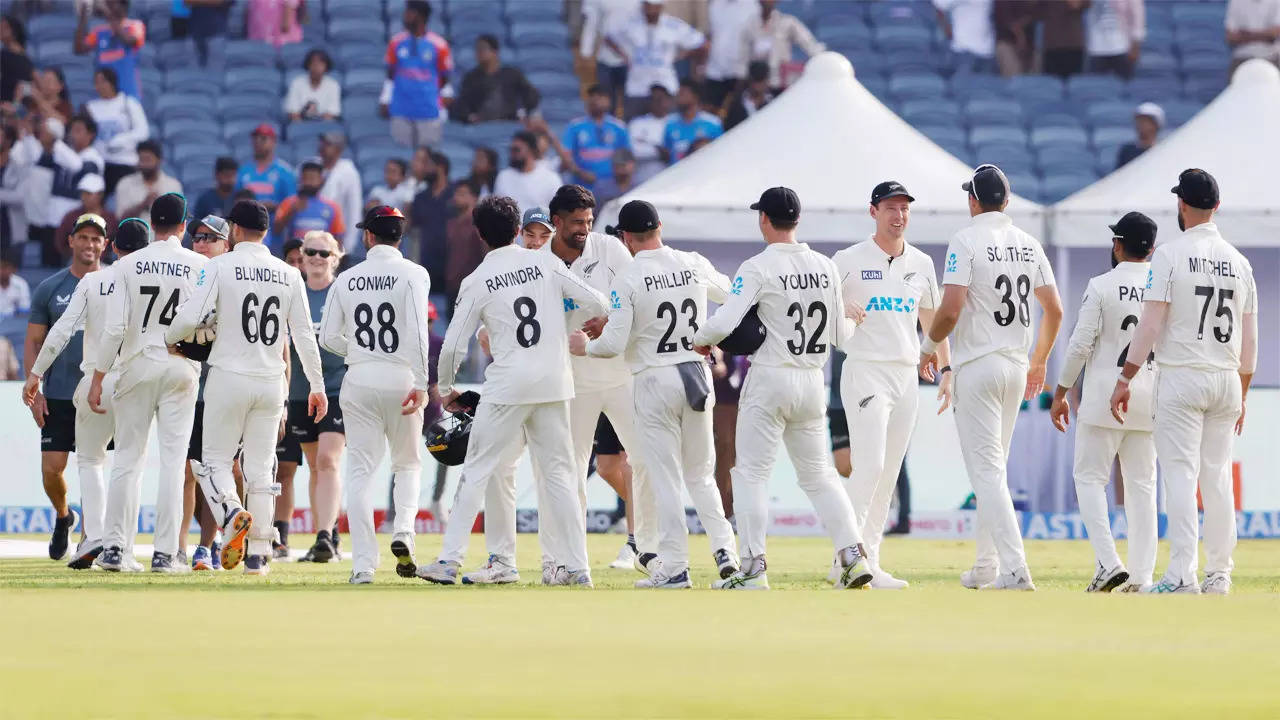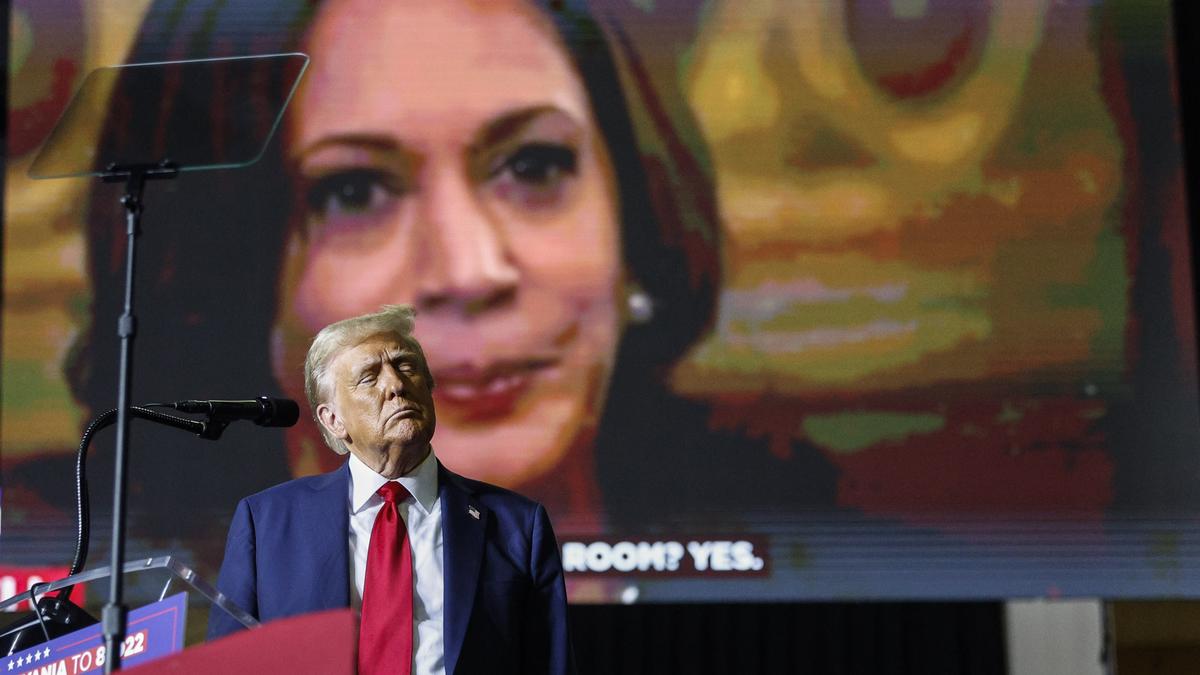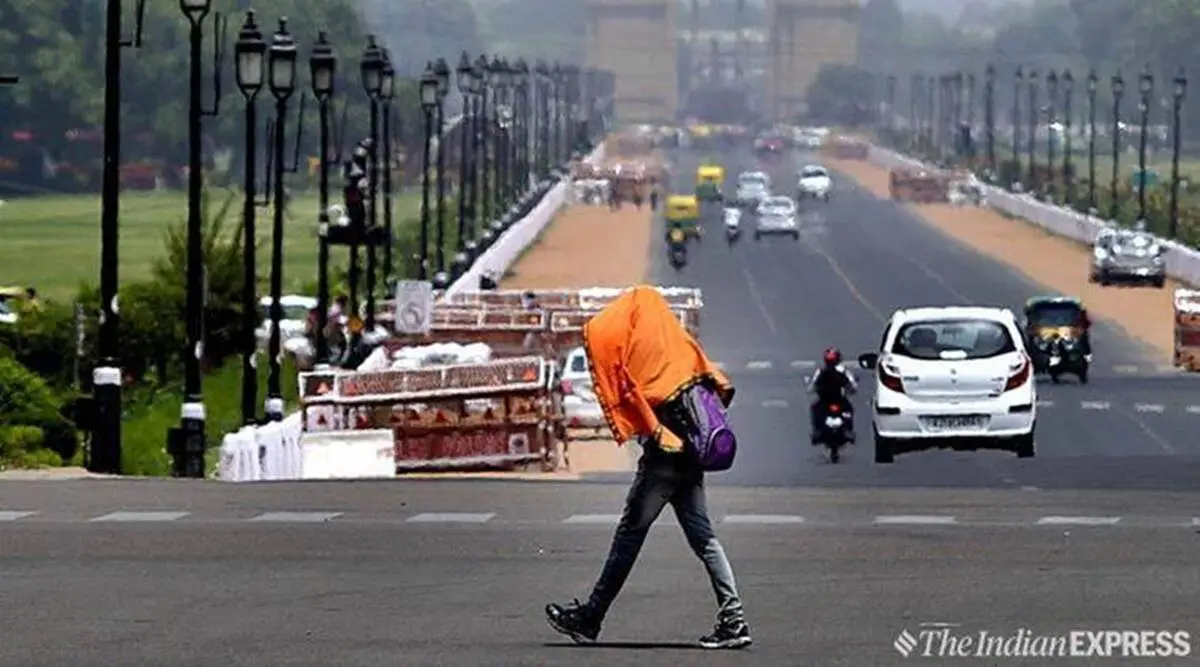Explained: How the Supreme Court ruling is a relief for Sourav Ganguly, Jay Shah and what it means for BCCI
Explained: How the Supreme Court ruling is a relief for Sourav Ganguly, Jay Shah and what it means for BCCI

The Supreme Court of India has allowed modification to the constitution of the Board of Control for Cricket in India (BCCI) to wave off its mandatory cooling-off period. The Apex Court ruling came as a big relief for current BCCI president Sourav Ganguly and secretary Jay Shah.
We take a look at the ruling in detail and what it means for BCCI, Ganguly and Shah.
What changes have been made in the BCCI constitution?
The new BCCI constitution, which was framed based on the Justice RM Lodha Committee recommendations, said that any individual who has been an office bearer at the state level or in the BCCI or a combination of both for six years, should undergo a three-year cooling-off period before contesting to become an office bearer again.
The SC has now allowed modification to this clause. An office bearer can now serve as a BCCI member for two terms even if they’ve served two terms with a state body. SC said that an office bearer can have a continuous tenure of 12 years, six at the state level and six at BCCI before the three-year cooling-off period kicks in.
“The submission that the application of cooling off to an individual who has undergone one term at each level (at state unit and BCCI) is stringent. Keeping the reason for which cooling off period was introduced, we are of the considered view that the amendment would not dilute the original objective. We therefore accept the proposed amendment,” a two-judge bench comprising Justice DY Chandrachud and Hima Kohli said.
What does it mean for Ganguly and Shah?
The SC’s ruling came after BCCI’s pleas to amend its constitution regards to the tenure of its office bearers. The amendment will allow president Ganguly and secretary Shah to stand for re-election for another term. Having already served one term each at the state level and BCCI, both Ganguly and Shah would have been disqualified otherwise.
What else did the Supreme Court ruling say?
The Apex Court refused to allow an amendment to Clause 45 of the BCCI constitution which says that leave of the Supreme Court is required for changing the rules. The court allowed the BCCI to pass the amendments through the general body but said that the approval of SC is mandatory.
The court also agreed to redefine the scope of ‘public servants’ that are barred from holding positions in the BCCI. The SC said only ministers and government employees will come under this new ambit which means members of parliament and legislative assemblies are eligible to hold positions in the BCCI. This is a relief for vice-president Rajiv Shukla who recently became a member of the Rajya Sabha.
Read all the Latest News, Trending News, Cricket News, Bollywood News, India News and Entertainment News here. Follow us on Facebook, Twitter and Instagram.



 Admin
Admin 





































